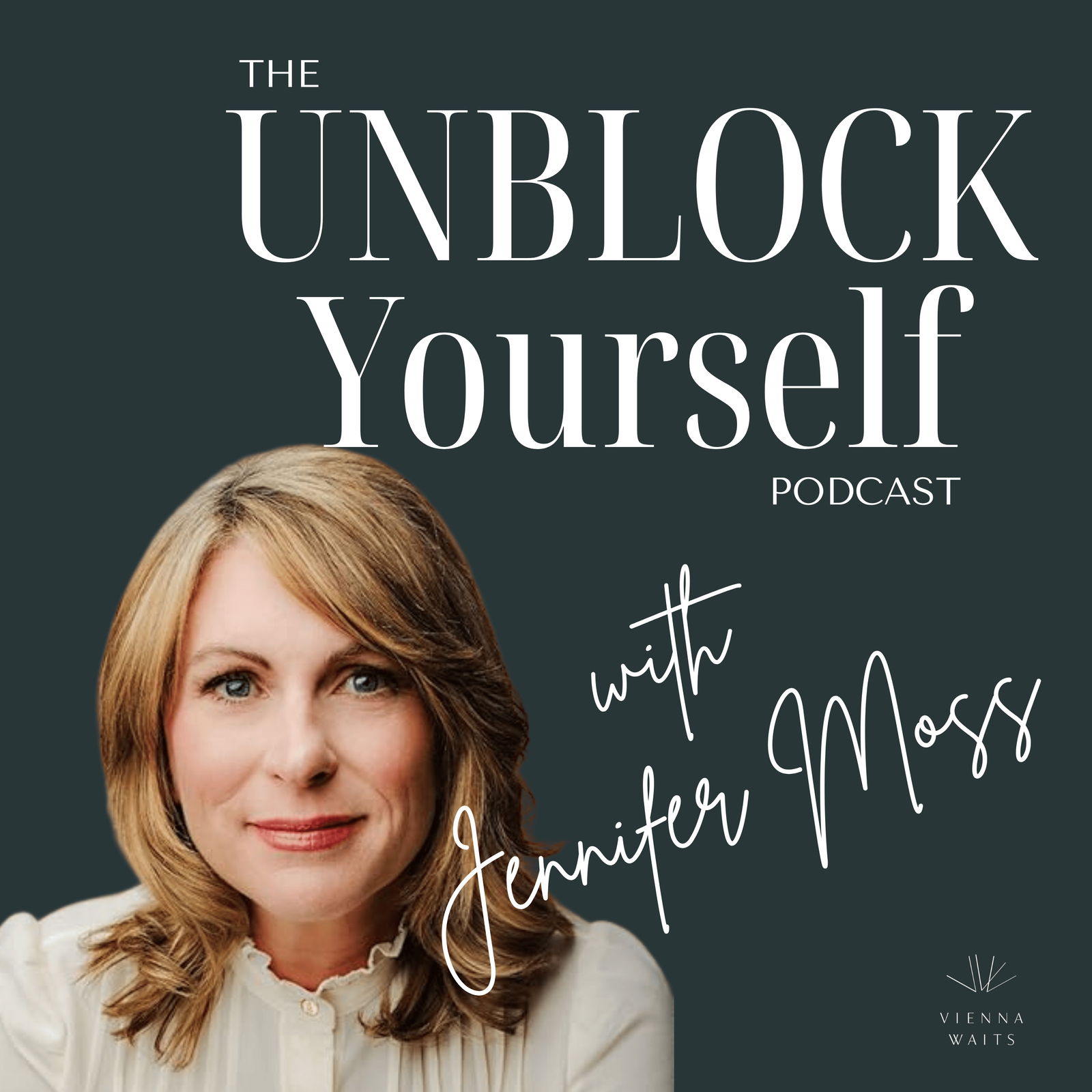In this episode, we chat with award winning author, speaker, and workplace culture expert Jennifer Moss for a conversation about burnout, resilience, hope, and the realities of building a career and a life on your own terms.
From her early days in journalism and PR to founding a tech company with her husband Jim Moss, Jen shares the winding path that led her to become a globally recognized voice on workplace happiness and well being. Along the way, she opens up about the personal burnout that forced her to stop, reset, and rebuild with a renewed focus on values, boundaries, and rest without guilt.
We explore what it takes to avoid burnout in both traditional workplaces and entrepreneurial life, how to apply research backed strategies like Snyder’s Hope Theory, and why even the most accomplished people still wrestle with impostor syndrome.
Here are just a few of the themes we dig into with Jen:
- Jen’s experience in Riyadh and witnessing rapid cultural shifts in women’s empowerment and the future of work
- The six root causes of burnout and how they show up for entrepreneurs and solopreneurs
- Why “rest without guilt” is essential for true recovery
- How to apply a “deathbed regret” filter when making business and life decisions
- What impostor syndrome looks like at the top levels of leadership (and how to reframe your inner dialogue)
- Using hope as a strategy: setting micro goals, creating multiple pathways, and celebrating wins
- Why fiction is one of the most powerful tools for building empathy
- The role of values alignment in sustainable success
This is a conversation that blends research, real life lessons, and candid storytelling about the highs and lows of chasing meaningful work. Whether you’re feeling stuck, burned out, or just in need of a perspective shift, Jen offers tools, strategies, and a whole lot of honesty to help you find your way forward.
Enjoy this conversation with Jennifer Moss.
Episode Links:
Why Are We Here by Jennifer Moss
The Burnout Epidemic by Jennifer Moss
Unlocking Happiness at Work by Jennifer Moss
LinkedIn Learning Courses by Jennifer Moss
Creating a Happier Workplace is Possible—and Worth It - HBR Article
A Little Life by Hanya Yanagihara
Cloud Cuckoo Land by Anthony Doerr
We’d love to connect with you. Here’s where to find us:
Subscribe to Vienna Five Newsletter
Every other Thursday, we talk to people who got UNBLOCKED. You'll hear stories about finding clarity, career paths, career pivots and living with intention. Our guests tell us how they realized something had to change, made bold moves, and built lives that feel more aligned, more alive, and more intentional. We’ll share some of our own stories too, because we’re right here, figuring it out like everyone else.
